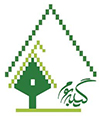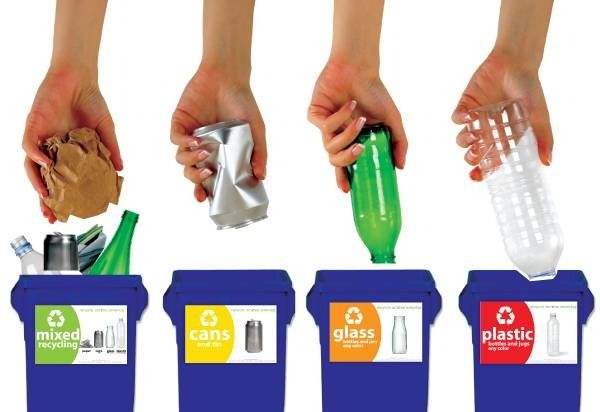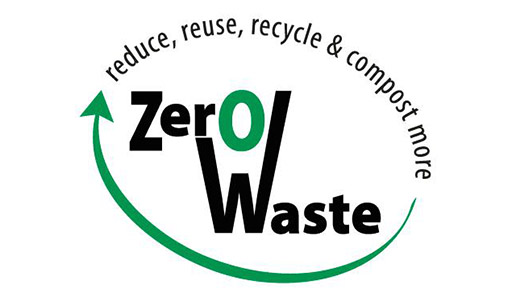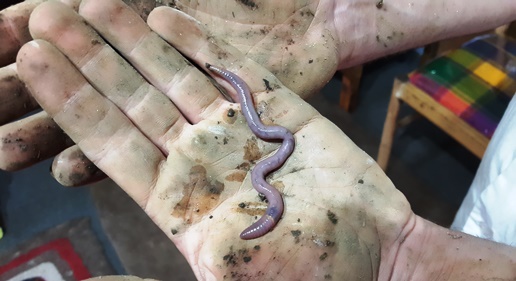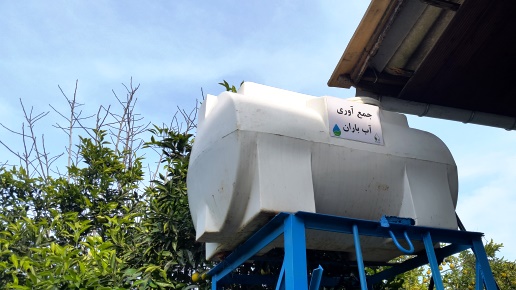Toward zero waste theory : Waste Sorting and Separation in Gileboom (Oct, 2019)
The volume or weight percent of these wastes will be totally reported within a 6-month and one-year monitoring duration per person to be hosted.
- Wet waste, organic waste and compostable waste are converted into vermicompost. (Upcycling)
- Burnable sanitary waste (including adhesive bandages, bandages, syringes, sanitary pads, wet wipes, baby diapers, cigarette butts, ear cleaners, condoms) are burned, so they do not return to the cycle.
- Glasses are delivered as melting materials to be recycled.
- Metals (iron and aluminum, including cigarette pack sheets, butter packaging, lids of plastic containers, lead, copper, brass, zinc, cast) are sold to be recycled.
- Fabrics (linen, cotton, polyester and acrylic) are reused in various ways. (Reuse)
- Oily or contaminated plastic bags are washed and reused.
- Plastic bags or dry plastic sheets (packs of snakes, chips, biscuits, paper napkins, etc.) are delivered as meltable materials.
- Tetra-pak packages (packs for milk, cream, juice, etc.) are delivered.
- Reusable materials (any commodity and material that may be reused in its current form) will be processed in upcycling and downcycling.
- Any electrical components (including chargers, cell phones, batteries, electrical game devices, electrical appliances, flashlights, lamps, etc.) are collected and delivered.
- Recyclable plastic materials (including shoes, bottles, shampoo and soap containers, ropes and cords, toothpicks, tires, rubber bands, dishwashing gloves, toothpaste and creams tubes, eye lenses, etc.) are delivered as meltable materials or they are used in bulk for various uses, such as pots, water or liquid containers and solid containers.
- Wood is used for carpentry or fire (including re-use and down-cycling).
- Coals and ashes are used to remove oil from dishes and refine black water.
- Papers and cardboards are reused or buried together with wet wastes. (Reuse)
- Cooking oil and animal and vegetable fats are used as oils for waterproofing some wood made structures. (Reuse)
- Any types of fuels and petroleum products (including bitumen, bituminous waterproofing, grease, black oil, candles) are used as fuel. (Reuse)
- Construction wastes are used for digging and constructing foundations or completing platforms and elevations. (Reuse)
